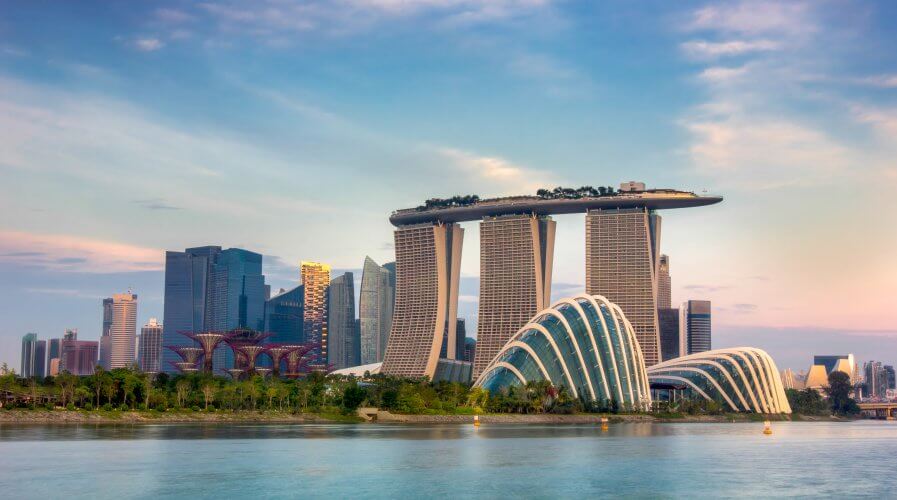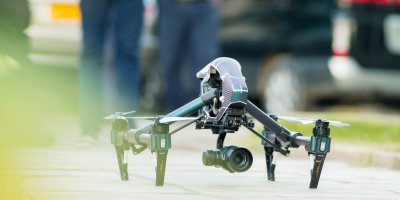
Singapore is welcoming new technologies. Source: Shutterstock
Singapore wants to be test-bed for world’s new tech
COME to think of it, there’s a lot of new technology that makes its way to Singapore.
In fact, the government has been very effective in terms of persuading some of the world’s leading companies to set up research facilities in the country and building partnerships that go a long way in terms of sharing a vision for tomorrow’s technology.
Just yesterday, the Lion City’s Finance Minister Heng Swee Keat said that Singapore’s single-layer system of government means it can be more decisive about test-bedding new technology than most other countries, and this makes it an ideal partner for countries to test out innovations.
Earlier this year, for example, when other countries were mulling over the repercussions of drones taking on a more commercial role, Singapore declared One North, a 200-hectare business park as the country’s first drone estate.
In turn, Airbus, Singtel, and several other companies have flocked to the country to build and test their drone technology.
Heng is keen to grow the country’s collaboration with Japanese agencies and companies, he told Singaporean media at the end of a six-day working visit to Tokyo.
In the Land of the Rising Sun, Heng met with bankers, technology and robotics companies, politicians, businessmen, and financial regulators.
“We also have regulatory sandboxes where usual rules do not apply, and that allows for innovation to be tested and tried in a proper setting,” Heng said.
These sandboxes allow regulators to quickly identify issues and rectify them since the government follows an approach that tries to avoid regulation from impeding development.
However, Heng also highlighted the importance of regulations in building and maintaining a safe environment that supports the ecosystem for development and innovation.
Just prior to the Japan trip, Heng was in China for eight days, visiting ShanghaiTech among other potential partners.
“In a world that is rapidly changing and increasingly interconnected, countries need to collaborate. No country has all the expertise it needs. Collaborations can achieve win-win outcomes,” Heng told China.
READ MORE
- Ethical AI: The renewed importance of safeguarding data and customer privacy in Generative AI applications
- How Japan balances AI-driven opportunities with cybersecurity needs
- Deploying SASE: Benchmarking your approach
- Insurance everywhere all at once: the digital transformation of the APAC insurance industry
- Google parent Alphabet eyes HubSpot: A potential acquisition shaping the future of CRM




